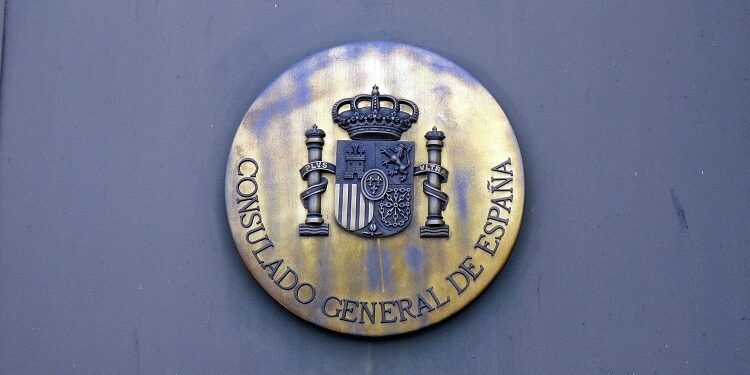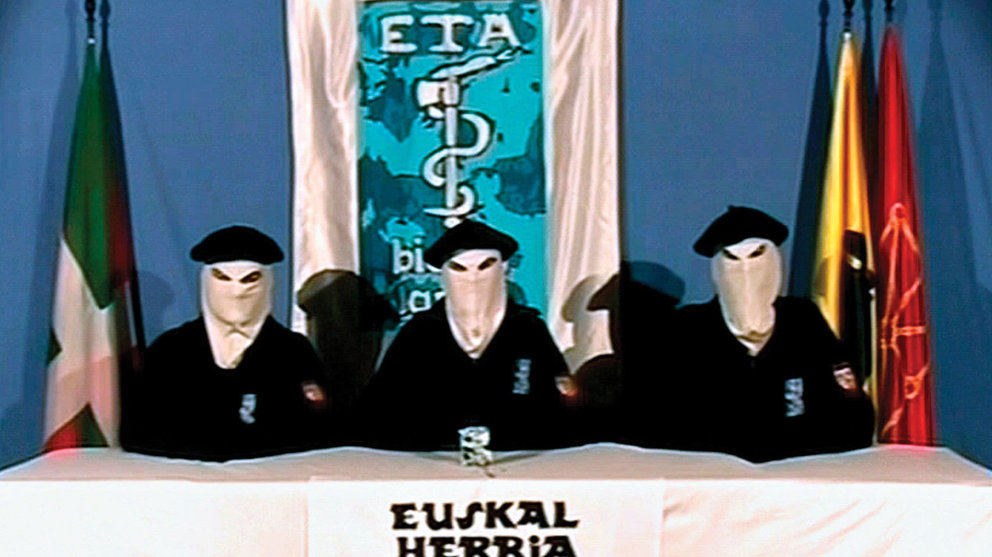The Diplomat
The Consular Offices of Spain abroad attended in 2021 a total of 249 new cases of violence against Spanish women.
As reported yesterday by the Ministry of Foreign Affairs in a press release, 77% of the cases corresponded to violence by a partner or former partner, 13% to violence of a sexual nature outside the couple, 7% to cases of domestic violence against women by someone who was not their partner or former partner and the remaining 3% to other cases of violence according to the Istanbul Convention, such as forced marriage. During 2021, 16 Spanish women of legal age and 10 minors were also repatriated.
“Spanish women living abroad who suffer violence and, where appropriate, their daughters and sons, constitute a group that, due to their particular characteristics, is more vulnerable to situations of gender-based violence,” warned the Ministry. “As in the case of migrant women in Spain, the lack of knowledge of the reality of the country, possible linguistic obstacles or the lack of a social and family network of their own, are circumstances that aggravate the already difficult situation of these women outside our borders,” it added.
For this reason, “the Ministry of Foreign Affairs, European Union and Cooperation continues its efforts to strengthen the consular assistance provided to Spanish victims abroad,” the press release continues.
As part of these improvement efforts, it has been agreed to transfer an appropriation of half a million euros from the Ministry of Equality to the Ministry of Foreign Affairs to strengthen the assistance provided to Spanish citizens who are victims of violence abroad. Both Ministries are part of the 2015 Interministerial Action Protocol of Attention for Spanish Women Victims of Gender Violence Abroad.
On the other hand, next June 7, Order AUC/154/2022, of February 21, which regulates consular protection and assistance aid abroad, will enter into force and includes a specific section aimed at Spanish victims of violence against women abroad. This new type of aid will make it possible to identify and expand the resources dedicated to this type of consular assistance.






